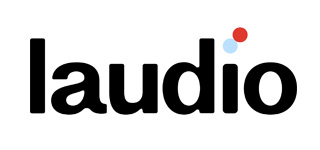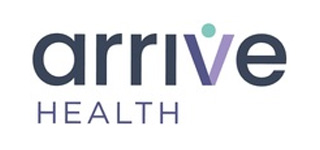Nebraska Medicine replaced its outdated HR approach with an AI-powered platform and retained double its nursing staff
Artificial intelligence isn’t just useful for supercharging your existing employees–it can help you retain them.
“Laudio proved to be a time-saving solution, not just in terms of efficiency, but also in helping leaders prioritize interactions with their teams,” Kelly Vaughn, vice president of operations at Nebraska Medical Centers said in a case study release this week.
The nursing industry has long been faced with new challenges fueled by understaffed hospitals, nurse burnout, and increased pay demands. In November, those intersecting challenges resulted in a historic strike between more than 85,000 unionized healthcare workers and the national healthcare provider Kaiser Permanente–which ultimately increased worker wages, training, and hiring commitments.
“As health systems continue to rebuild themselves post-pandemic, frontline turnover and burnout have proven to be continuous pain points hindering operational and financial stability,” said Russ Richmond, MD, CEO and co-founder of Laudio. In 2022, hospitals saw nearly 20 percent of their staff quit on average, while at-home providers averaged 65 percent according to an Oracle report.
The challenges driving those turnover rates–excessive administration work, disconnection from managers, and heavy workloads–are ones that Laudio aims to solve through technology. “We developed the Laudio platform specifically to empower frontline leaders and our work with health systems like Nebraska Medicine and UNC Health has demonstrated its ability to deliver significant improvements in employee engagement and operational efficiency while reducing costs,” Richmond adds.
A few weeks after Nebraska Medicine implemented the platform, more than 5,000 Nebraska Medicine workers were managed in Laudio for shift-tracking, patient rounds and audits, internal projects, and dozens more tasks that are traditionally done manually. The case study said that the platform enabled leaders to have deeper, more meaningful interactions with their teams, inherently increasing employee engagement.
“The platform improved the effectiveness of our frontline leaders, helping us address employee burnout and dramatically reduce turnover of our first-year nurses,” says Vaughn.



